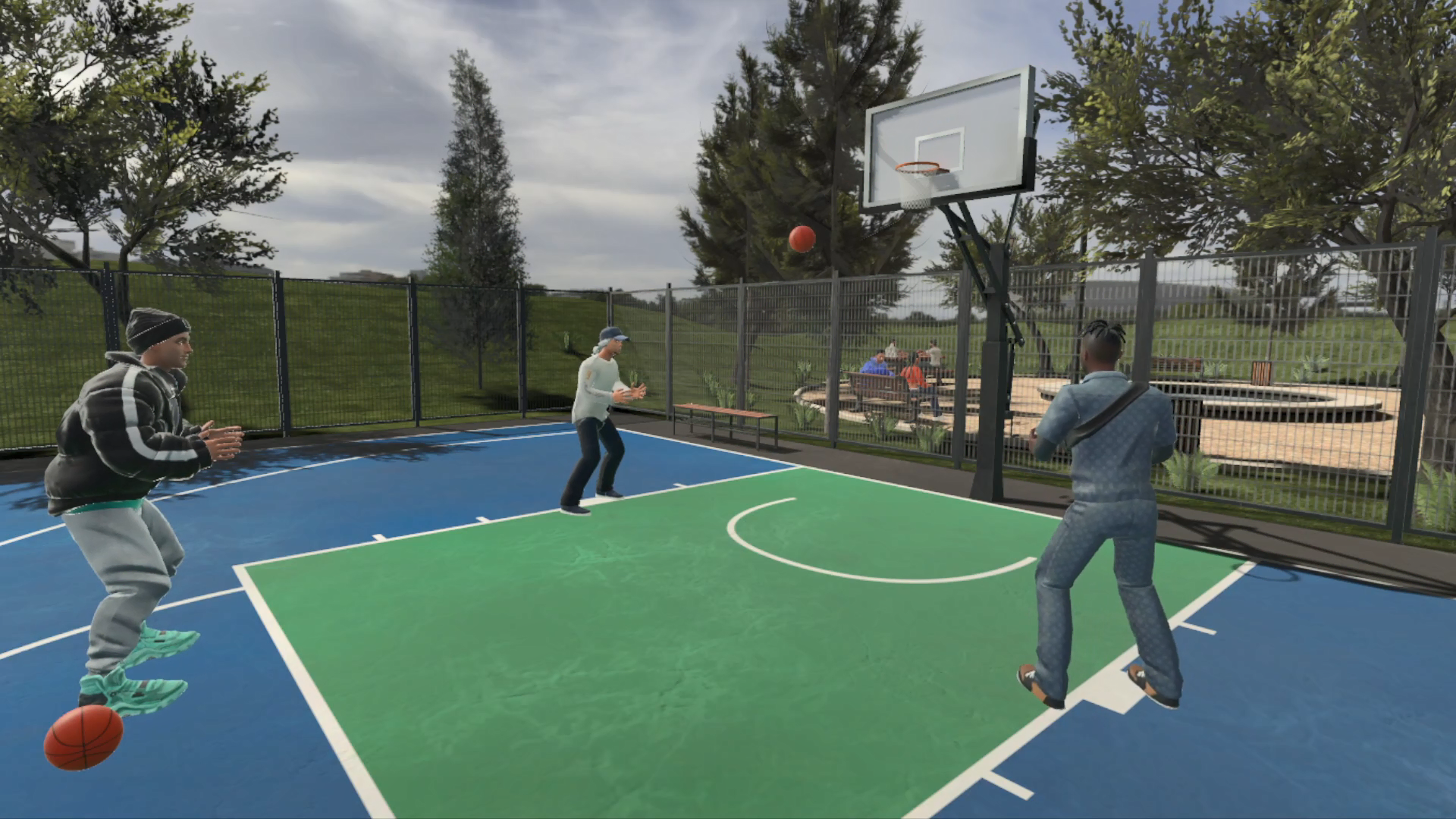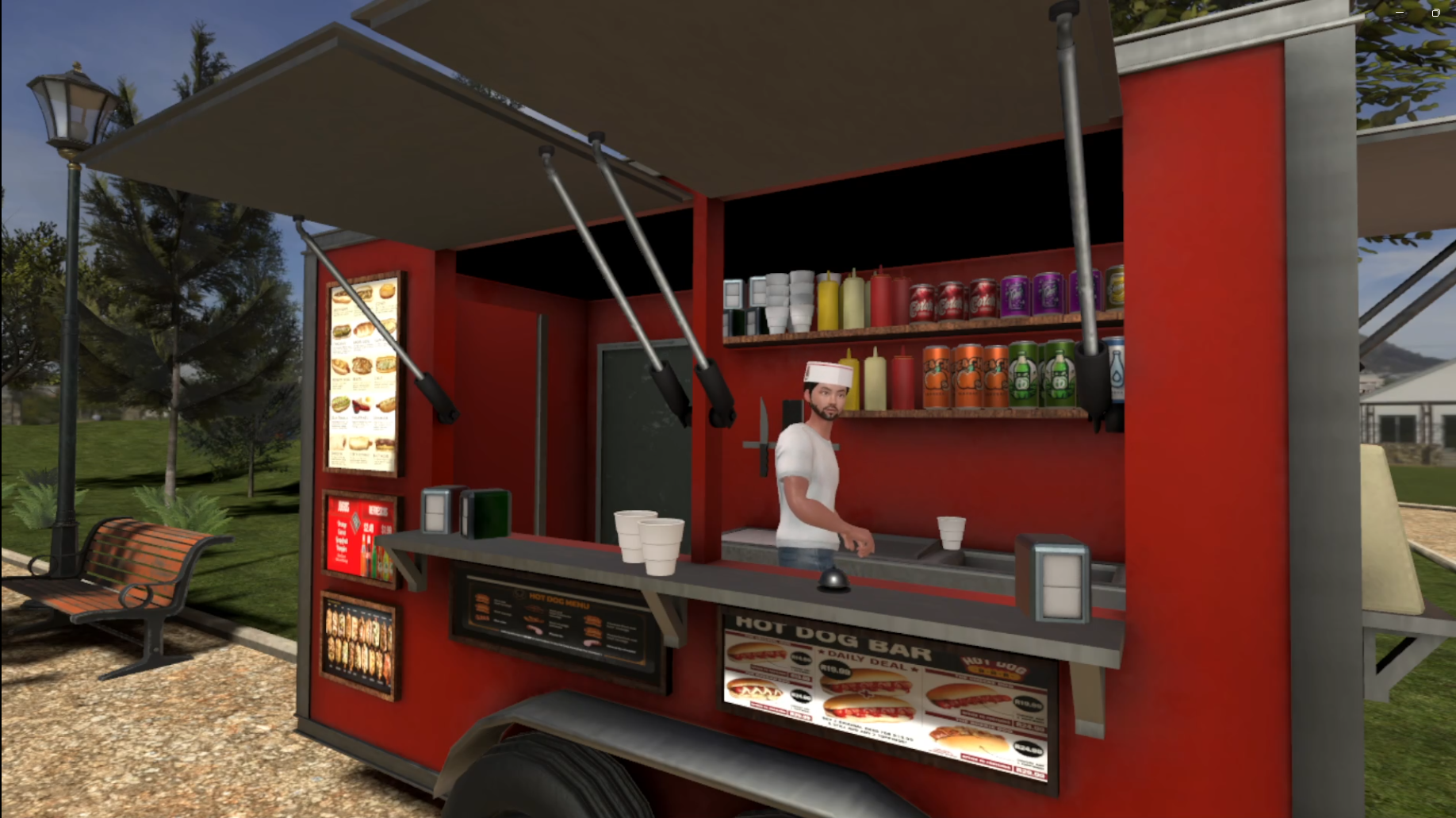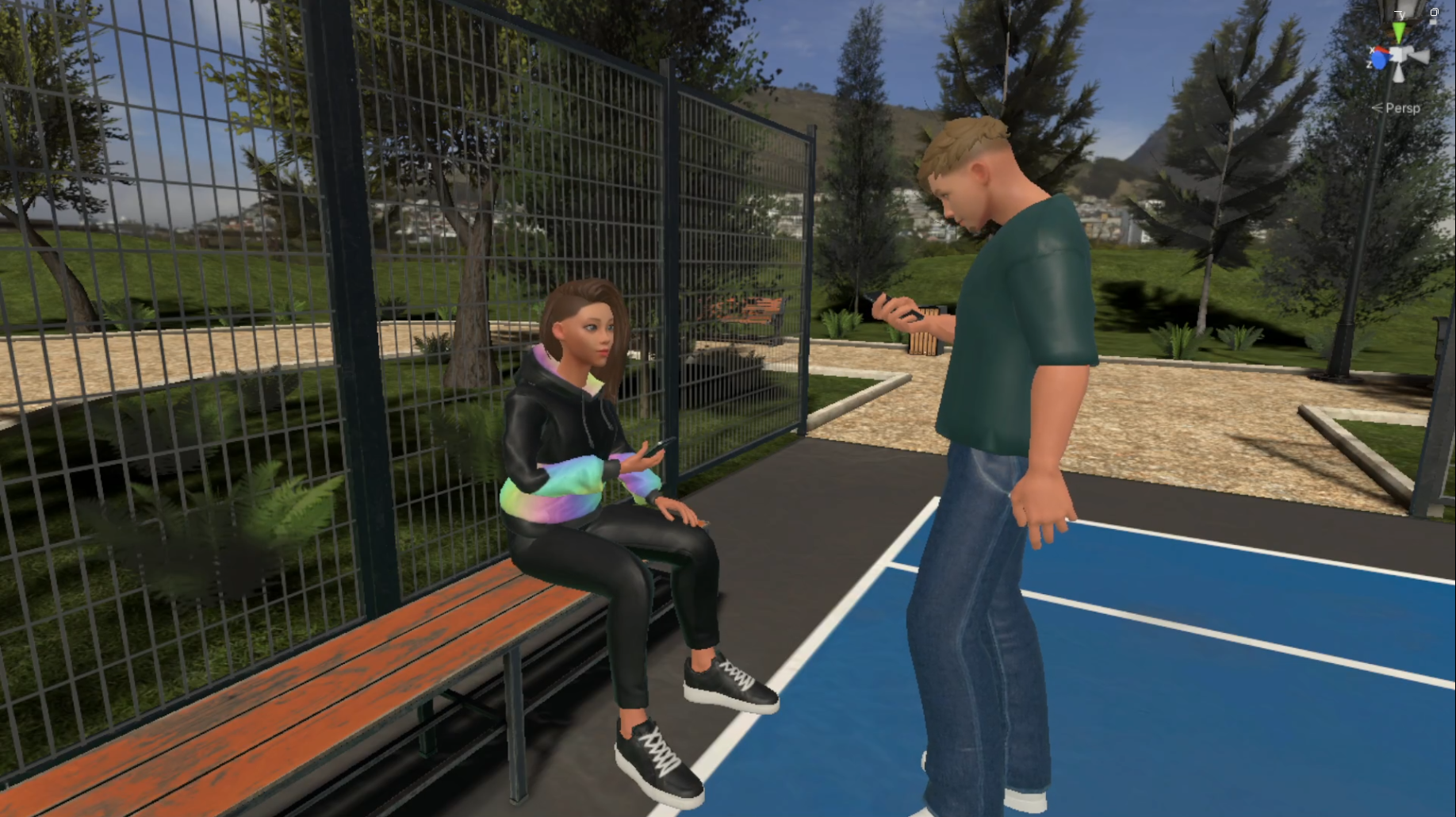According to the World Health Organisation (WHO), one in seven young people has a mental health problem. According to Unicef, Spain is the European country with the highest prevalence of mental health problems among children and teenagers.
To try to improve this data, new technologies in general and Virtual Reality in particular have a lot to offer, as they act as tools to help improve patient care.
A clear example is the creation of the first Virtual Reality therapy that treats aggressiveness and self-control in young people, promoted by GINSO, the Association for the Management of Social Integration, in collaboration with the Francisco de Vitoria University, and which has been developed by Innovae.
The VR simulator proposed for this project aims to expose young people to situations and challenges adapted to their needs through various characters and scenarios so that, through practice, they can learn to better manage their emotions. In short, the idea is for these people to confront everyday situations through interaction with avatars in order to recognize basic emotions and interpret ambiguous situations to situations of exposure to provoking stimuli for addressing anger management and to situations in which reduce impulsivity in decision making.

These activities aim to develop the young person’s emotional awareness, teach relaxation techniques, improve communication skills, identify underlying causes of anger and promote emotional self-regulation to contribute to their well-being.
Sergio Belenguer, Innovae’s Business Development Manager: “These activities have been carefully designed to expose young people to various situations that assess and strengthen their ability to manage anger in a healthy way, thus contributing to improving the quality of life of teenagers“.
While the young person is facing these scenarios, a therapist provides constant supervision by means of a tablet, which visualises and poses situations to the patient, and a pulsometer, which provides data such as heart rate.
This advanced technology facilitates real-time monitoring, allowing therapy to be tailored to the patient’s emotional and physiological responses during the session and to create an individualised treatment to ensure continuity of intervention.
David Roncero Villarreal, Professor of Psychology at the Francisco de Vitoria University: “The application of Virtual Reality therapy represents a significant advance in psychological intervention for teenagers with anger management difficulties, while combining the therapist’s experience and clinical judgement with digital advances, making it a great tool for understanding and addressing the patient’s emotional responses“.

The programme is part of the ‘Actuar en Digital’ project, which aims to attend to children and teenagers through digital transformation and provide technological solutions that facilitate communication, therapy and the development of skills. As Carlos Benedicto Dique, doctor in clinical legal and health psychology and technical coordinator of centres in the GINSO association, assures, the programme provides young people with “innovative and effective tools to build an emotionally healthy future”.


